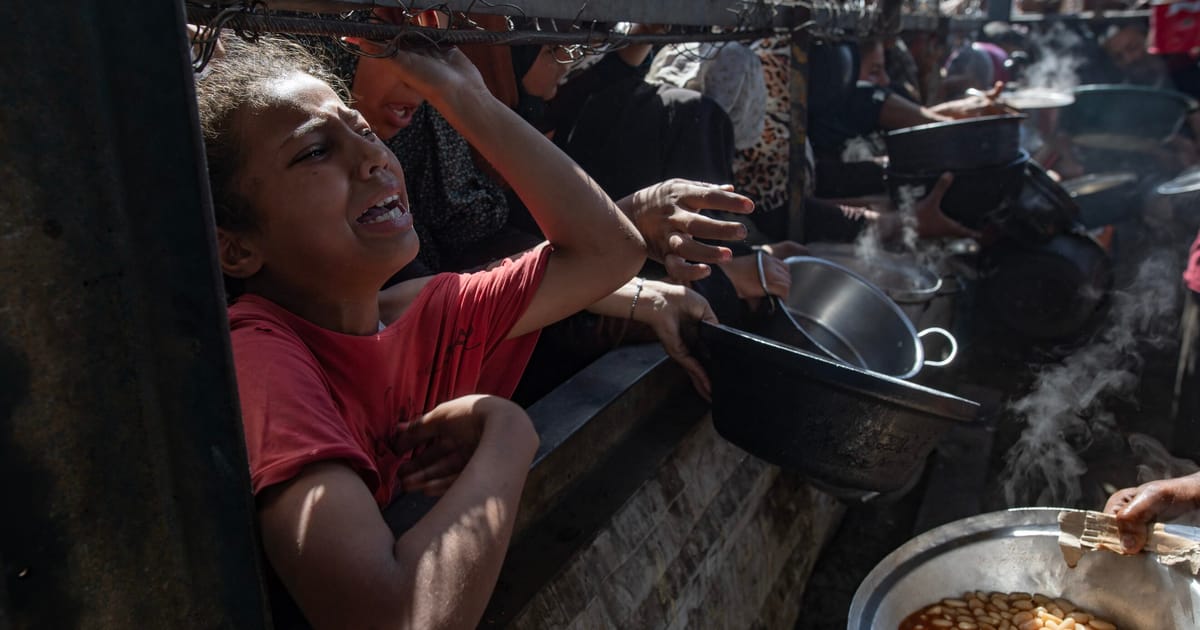

In a development that could bring much-needed relief, the Israeli Defense Forces announced a “tactical pause” in military operations at aid distribution centers in Gaza. This decision marks a moment of respite for the residents of Gaza, who have been under severe strain due to an escalation in hostilities and a crippling blockade. The temporary halt in military actions aims to facilitate the delivery of humanitarian aid, addressing growing concerns over starvation and other dire humanitarian needs.
Oxfam and other aid organizations have voiced the critical need for sustained and adequate humanitarian assistance in Gaza. While acknowledging the Israeli military’s temporary de-escalation, these organizations emphasize the insufficiency of current aid measures. Reports have highlighted that the sporadic airdrops and the occasional arrival of aid trucks fall short of meeting the essential requirements of the population, which has been reeling under compounded hardships.
The situation remains tense as incidents of violence continue to mar the attempts at delivering relief. According to medical sources, at least thirteen Palestinians, including two children, have been killed in recent confrontations near aid distribution centers. These tragic events underscore the immediate need for a secure environment that allows for uninterrupted humanitarian operations.
As the reality of life in Gaza unfolds, international attention and efforts are increasingly focused on facilitating a more robust and sustained humanitarian response. Efforts to provide essential goods such as food, water, and medical supplies are critical, and organizations on the ground continue to call for an extended commitment to humanitarian aid alongside dialogue and peace efforts.
Elsewhere, the broader context of conflicts and crises affecting regions across the globe remains a significant concern. In Ukraine, for example, ongoing hostilities reflect the broader geopolitical tensions that characterize our current times. The recent announcement by the Russian military detailing the capture of a village in the Dnipropetrovsk region highlights the persistent nature of this conflict, adding to the complex humanitarian landscape witnessed worldwide.
In a separate but equally distressing situation, Mozambique continues to grapple with heightened violence, attributed to extremist groups associated with the Islamic State. This violence has claimed lives and compounded the humanitarian challenges faced by local communities. Intervention by local and international forces aims to stabilize the region, yet the persistence of violence requires sustained attention and comprehensive approaches.
Meanwhile, in Europe, social unrest has shed light on the ripple effects of distant conflicts. In Berlin, a pro-Palestinian protest resulted in clashes with law enforcement, leading to the detention of over fifty individuals and injuries to several officers. These protests reflect the passionate stance many hold about international issues and demonstrate the interconnectedness of global socio-political narratives.
As these events unfold, the universal need for calm, measured, and mindful responses becomes ever more apparent. Global stakeholders, including governments, NGOs, and civil society, have a critical role to play in fostering dialogue, supporting humanitarian efforts, and striving towards peace and stability.
Source: {link}
